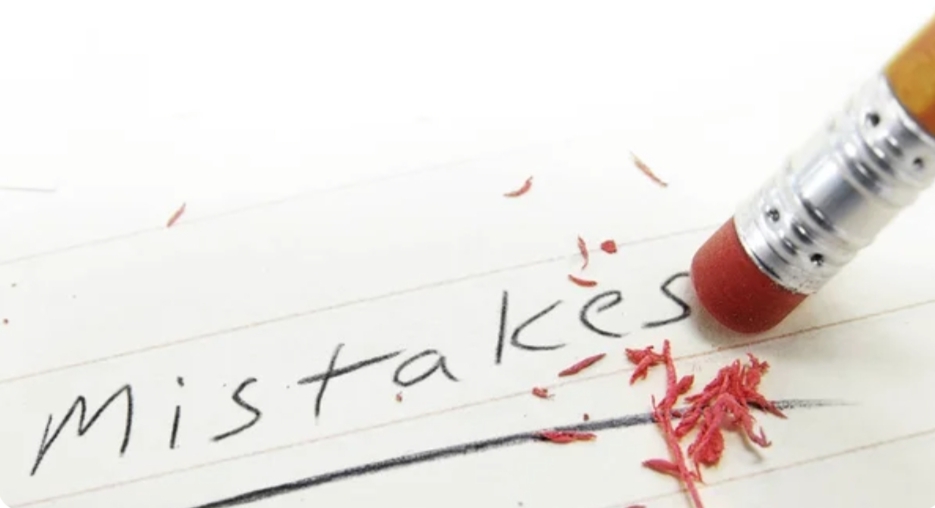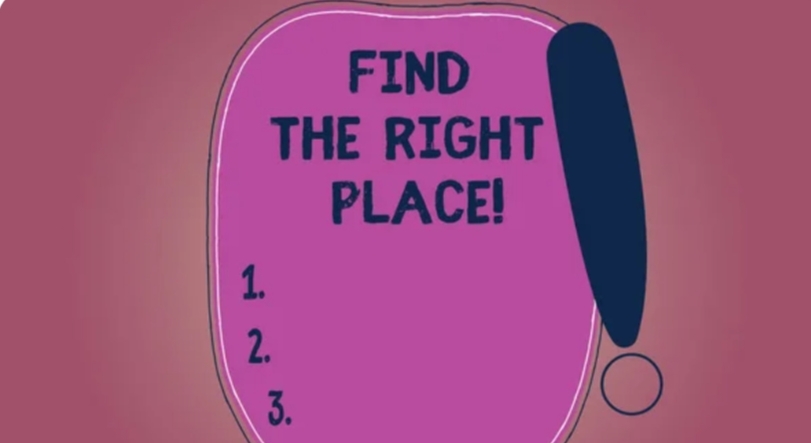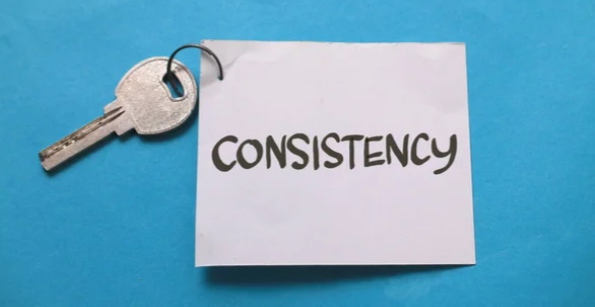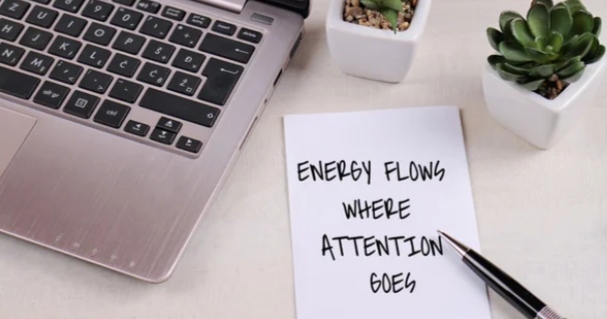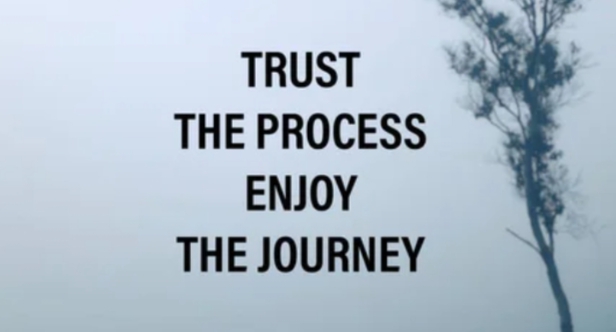
Making decisions is an integral part of life, whether in personal relationships, career choices, or everyday situations. However, the true challenge often lies not in making the decision but in standing firm once it has been made. Being firm with your decisions is crucial for maintaining integrity, building confidence, and achieving long-term success.
Why Being Firm Matters
1. Builds Confidence and Credibility
When you stand by your decisions, you demonstrate conviction and self-trust. This consistency builds your credibility with others, who come to see you as reliable and decisive.
2. Prevents Indecision and Regret
Hesitation can lead to missed opportunities or second-guessing. Firmness helps you avoid the trap of perpetual indecision, allowing you to move forward with clarity and purpose.
3. Establishes Boundaries
Being firm with your decisions often involves setting boundaries. Whether it’s saying no to additional commitments or standing up for your beliefs, firmness helps protect your time, energy, and values.
4. Facilitates Personal Growth
Deciding firmly and sticking to your choices encourages accountability. It pushes you to learn from outcomes, adapt, and grow stronger in your decision-making skills.
Challenges to Being Firm
- Fear of Conflict: Concern about upsetting others can make it difficult to stay firm.
- Fear of Failure: Worrying that a decision might lead to negative consequences can cause hesitation.
- External Pressure: Influences from peers, family, or societal expectations may sway your resolve.
Tips for Being Firm with Your Decisions
1. Clarify Your Values and Goals
Understanding what truly matters to you provides a solid foundation for making and sticking to decisions aligned with your principles.
2. Gather All Necessary Information
Make informed decisions by considering all relevant facts and perspectives. Confidence in your knowledge reduces doubt.
3. Trust Your Judgment
Believe in your ability to make the right choice. Self-trust is key to maintaining firmness.
4. Communicate Clearly
Express your decisions assertively and respectfully. Clear communication minimizes misunderstandings and resistance.
5. Accept That No Decision Is Perfect
Perfection is rare; embrace the possibility of mistakes as part of growth. Being firm doesn’t mean inflexibility but rather commitment to your choice.
6. Prepare for Resistance
Anticipate challenges and plan how to handle objections or pressure without getting overwhelmed by them.




